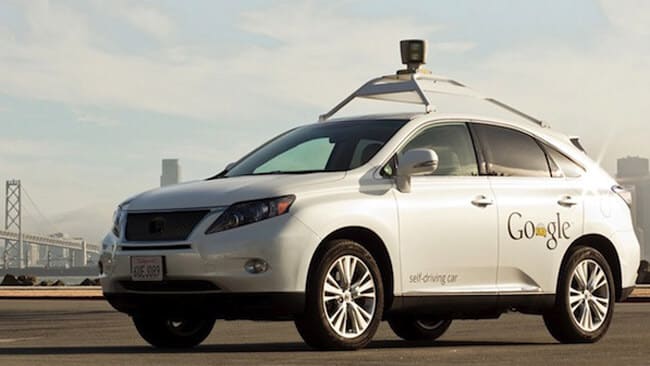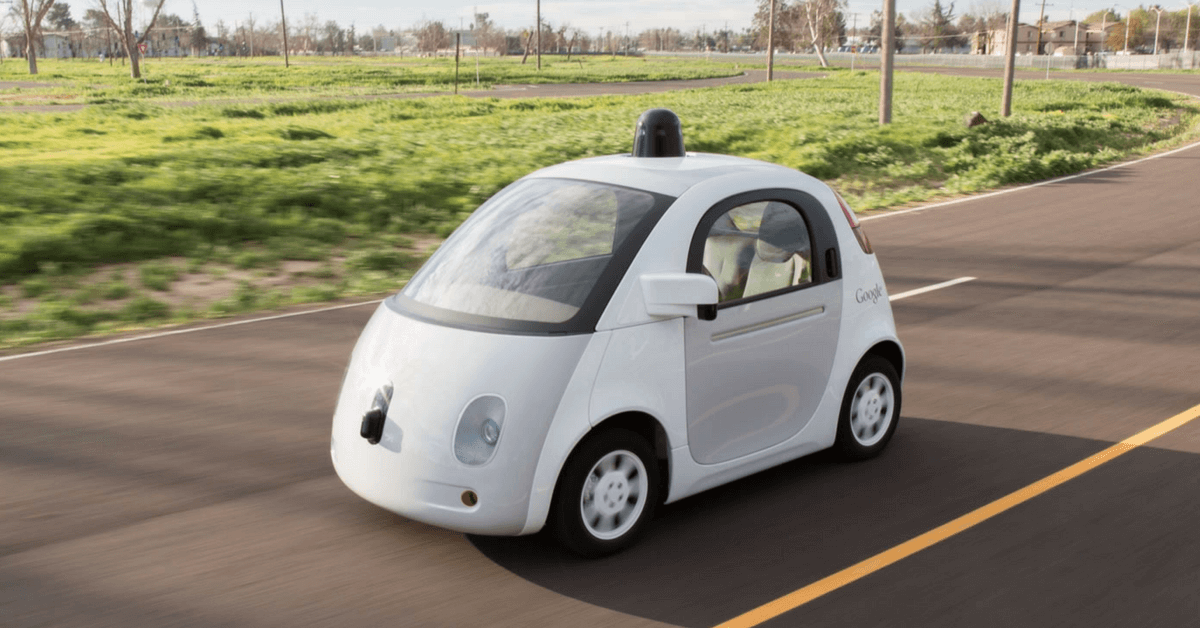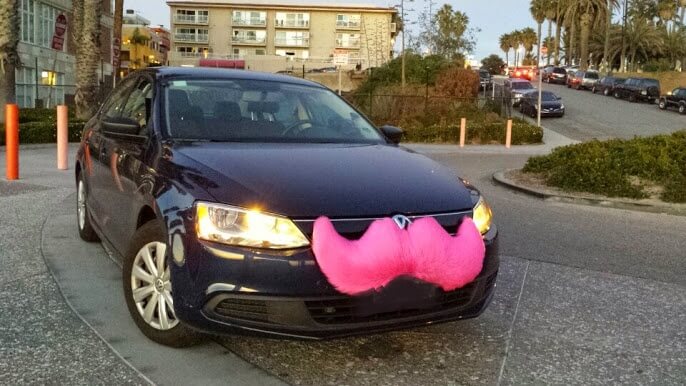Driverless car laws make big advances by allowing road testing ‘without a human operator’ and driverless Uber-type services, but swerves around issue of liability for driverless car accidents

More than two years ago, the Legislature changed the law to allow driverless cars to be driven on Michigan roads, but lawmakers said not a word about who’d be liable or how liability would be established if a driverless car injured someone in a crash.
Now, Michigan lawmakers are back at it with another round of bills proposing changes to Michigan’s “Automated Vehicles” laws.
So what about the liability issue?
Yep. You guessed it. Nothing.
As readers of my Auto Lawyers Blog already know, I’m a huge proponent of encouraging the development of and bringing to market of driverless cars. The sooner the better. If you saw what I see everyday as an attorney who focuses my practice on serious automobile crashes, you’d quickly realize that the sooner we start removing humans from operating motor vehicles – who make human bad choices and errors of judgment when driving, such as texting and drinking and driving – the safer we’ll all be. I’m fine with becoming obsolete as an auto accident lawyer when it means a safer world for all of us without so many terrible tragedies on our roads.
Driverless cars will save hundreds of thousands of innocent lives in our future. It will mean independence for the elderly and increases in productivity for our society.
I’m a big supporter of the notion that, as stated in Sen. Mike Kowall (R-White Lake)’s recently introduced Senate Bill 995 (Page 10), we want Michigan to be:
“[T]he world leader in autonomous, driverless, and connected vehicle technology.”
But I also want to see this all happen safely and at the smallest possible cost to the health and welfare of the driving public in getting us from here to there.
That’s why it’s imperative that lawmakers answer the hard questions about liability as they debate and consider this latest round of legislation.
Indeed, Michigan will be a pioneer in the field of driverless car technology and innovation if, as these bills propose, driverless cars are allowed to be road-tested without any human being inside and app-based, ride-sharing services like Uber and Lyft are allowed to use driverless cars in their fleets.
But Michigan’s true pioneering nature will come with creating a system of liability and tort accountability that keeps pace with the rapidly developing driverless car technology. So far, lawmakers are avoiding the issue of what exactly will happen when, inevitably, a driverless car is the cause of a serious crash or fatality.
Driverless car legislation: Senate Bills 995-998
The major changes proposed by the recently-introduced Senate Bills 995-998 to Michigan’s existing driverless car rules are:
- The “manufacturer of automated driving systems” would no longer need to have “an individual [] present in the vehicle” in order to conduct a road test. Road tests could be carried out “without a human operator.” (SB 995, Page 8-10)
- Car manufacturers could create “on-demand automated motor vehicle networks” which would be “digital network[s] or software application[s]” that “connect passengers to automated motor vehicles [i.e., driverless cars] … for transportation between locations chosen by the passenger when the automated motor vehicle is operated without any control or monitoring by a human operator.” (SB 995, Pages 3-4, 7; SB 996)
Liability for driverless car accidents
A good place to start the discussion about who’s liable for a driverless car accident and how a future lawsuit would work is a proposal contained (albeit well-hidden) in SB 996 (Page 4).
Specifically, Sen. Kowall, the bill’s sponsor, proposes:
“[D]uring the time that an automated driving system [i.e., “hardware and software that are collectively capable of performing all aspects of the dynamic driving task for a vehicle … without any supervision by a human operator” (SB 995, Page 1)] is in control of a vehicle …, a motor vehicle manufacturer shall assume liability for each incident in which the automated driving system is at fault …”
Key to this provision is the paragraph that immediately precedes it:
“When engaged, an automated driving system or any remote or expert-controlled assist activity shall be considered the driver or operator of the vehicle for purposes of determining conformance to any applicable traffic or motor vehicle laws and shall be deemed to satisfy electronically all physical acts required by a driver or operator of the vehicle.”
Beyond that, here are some other ideas for dealing with the issue of determining liability and accountability in the context of a driverless car accident:
- Increase the mandatory minimum liability limits. Under both existing Michigan law and the proposals in SB 995-998, driverless cars (even those without “human” operators present in the vehicle) would only have to carry the minimum liability limits of $20,000/$40,000/$10,000. (MCL 500.3009). Increase the minimum liability limit not only makes sense, but it’s far from unheard of. In its December 2015 “draft requirements for public deployment of autonomous vehicles,” the California DMV proposed requiring that driverless-car manufacturers must have $5 million in liability coverage for autonomous vehicles. To read more, please check out Michigan Auto Law’s blog post, “Safety questions about autonomous cars that still need to be answered.”
- “Owner’s Liability.” Under Michigan’s “Owner Liability” Law, the “owner of a motor vehicle is liable for an injury caused by the negligent operation of the motor vehicle whether the negligence consists of a violation of a statute of this state or the ordinary care standard required by common law.” (MCL 257.401(1)) As for what “negligent operation of the motor vehicle” means in the driverless car context, we will have to wait and see.
- Product Liability. To hold a driverless-car manufacturer or the manufacturer of driverless-car-technology liable for a motor vehicle accident, an injured victim may have to contend with Michigan’s Product Liability Law, which is strikingly stacked in favor of shielding manufacturers from liability for injuries their products caused. Indeed, it’s a very high hurdle that an injured victim must clear in order overcome manufacturers’ broad grant of immunity under Michigan’s Product Liability Law.
I’ve been writing and have now spoken at several legal seminars on the interesting topic of how tort liability will work with autonomous vehicles, but right now we are all guessing. To read more about my own thoughts on “owner’s liability” and “products liability” in the context of driverless cars, please check out Michigan Auto Law’s blog post, “Driverless cars: Who’s liable in an accident?.”


